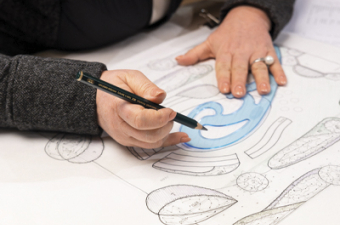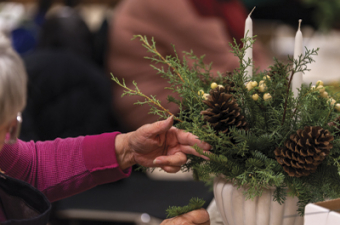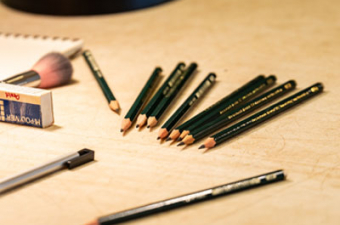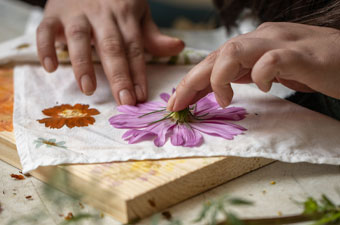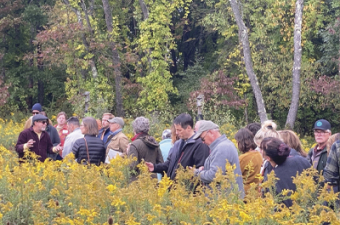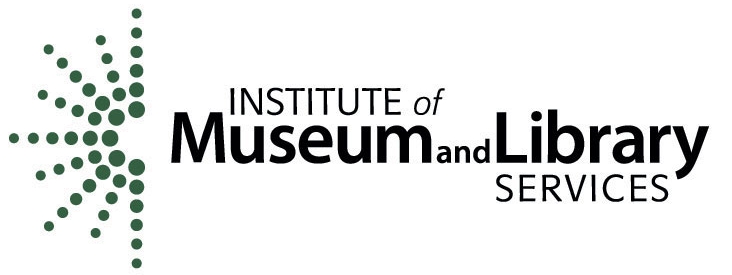For Adults
Let your inspiration grow.
Peruse our offerings for an exciting variety of fun and enriching programs on gardening, arts and crafts, healthy living and sustainability. Our certificate courses are open to everyone and may be taken as stand-alone classes provided that all necessary prerequisites, if applicable, have been satisfied.
For more details about our programs, or to receive personalized class recommendations from our helpful staff, please feel free to contact us at edu@phipps.conservatory.org.
Learn to garden and design with a positive impact on the environment and discover how to best use native and sustainable plants for habitat and ecosystem preservation.
One of most extensive course of study available in the region, covering all aspects of floral design, from the art's rich history to the present day.
Learn how to draw botanical subjects with scientific accuracy and artistry, with concentrations in watercolor or colored pencil.
From starting your bonsai collection, to terrariums and natural dyes, excite and inspire your love of nature through the world of craft.
Join us in the beautiful, state-of-the-art Botany Hall Kitchen to prepare food that is good for you and the planet.
It's important to slow down and take care of yourself in daily life. From forest therapy walks to an after hours tour in Phipps, learn all about the fascinating beauty of nature while encouraging wellness in your mind, body and soul.
These special events will keep you at the forefront of your field of interest and connected to like-minded individuals.
Phipps Adult Education Courses Made Possible in Part By
Phipps Adult Education classes are designed for individuals 18 years of age and older. Minors 16+ are permitted when accompanied by a parent or guardian who is also registered for the class.
Confirmations will be emailed the day before each class, including a Zoom link. Please check your spam/junk mail folder, and if you have not received the link, email edu@phipps.conservatory.org.
Select photos © Paul g. Wiegman, Kitoko Chargois
